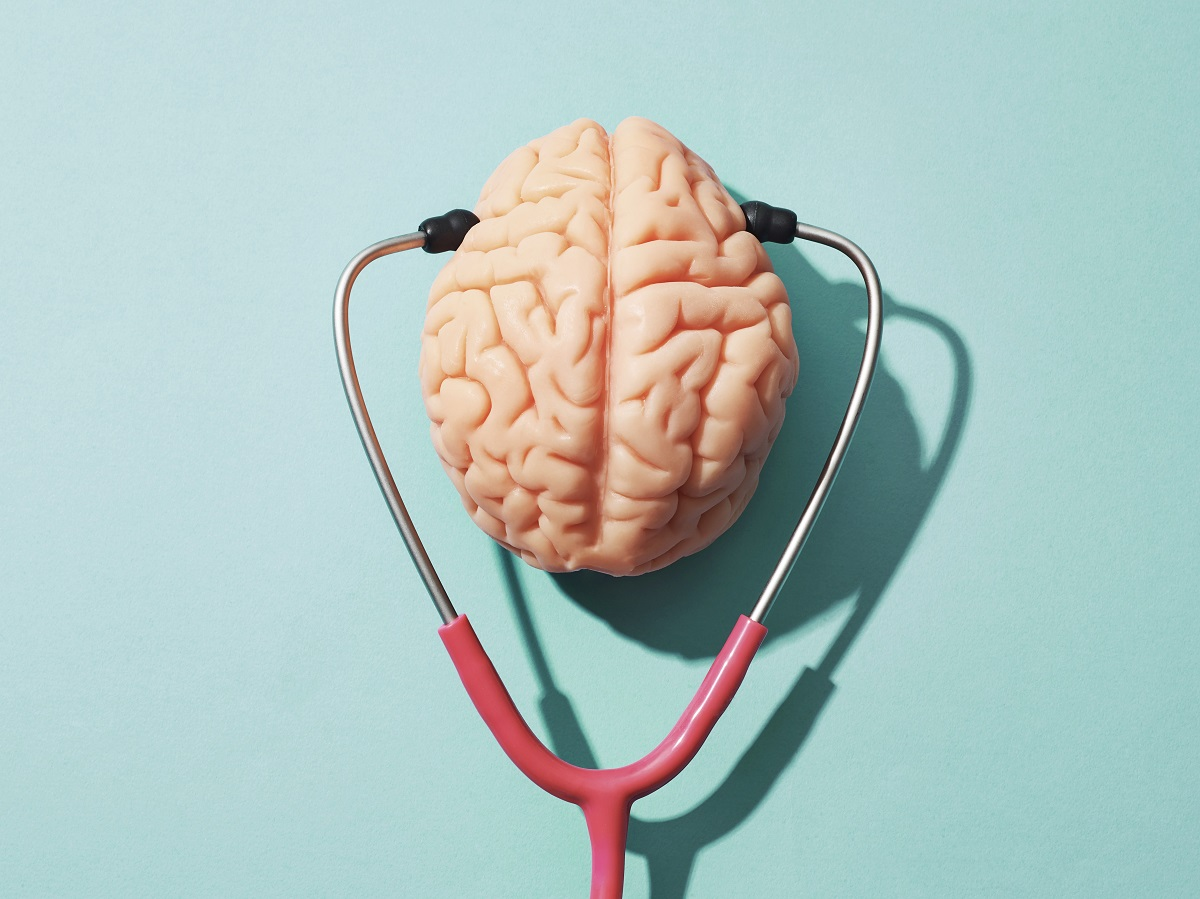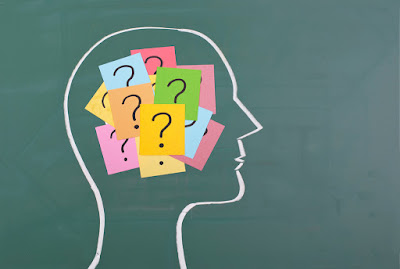During pregnancy, soon-to-be-mothers need to get enough nutrients, including folic acid and omega-3 fatty acids, which are essential for the developing brain. Dr. Curtis Cripe emphasizes the fact that brain development doesn't stop at birth. Once the baby is born, continued stimulation through activities such as reading, singing, and talking will help support healthy brain development.
 |
Image source:
news-medical.net |
Below, Dr. Curtis Cripe shares some steps parents can take to promote their child's brain development.
Encourage reading from an early age: Reading with your child from an early age is a great way to stimulate their brain development. Not only will they learn new words and concepts, but they will also start to develop important reading skills.
Make time for play: Play is essential for healthy brain development in children. Making time for play allows children to practice essential social and motor skills and explore the world around them with a healthy curiosity.
Encourage positive discipline: It is important to encourage positive behavior in children from an early age. This means using techniques such as praise and rewards rather than punishment.
 |
Image source:
healthline.com |
Parents can find a variety of other sources by exploring resources such as the internet, libraries, and consulting with pediatric healthcare professionals. Dr. Curtis Cripe reminds parents that each child is different and will develop at their own pace.
Neuroengineer Dr. Curtis Cripe has a multi-disciplinary background that includes engineering, brain injury, child neurodevelopment, and software development, among others. Bookmark this page to read the latest posts from Dr. Cripe.







